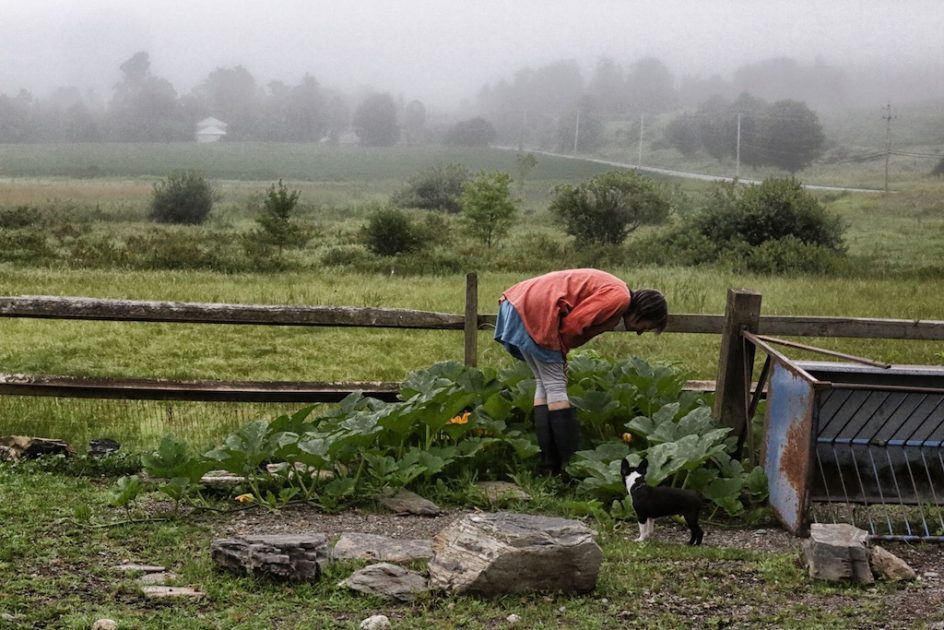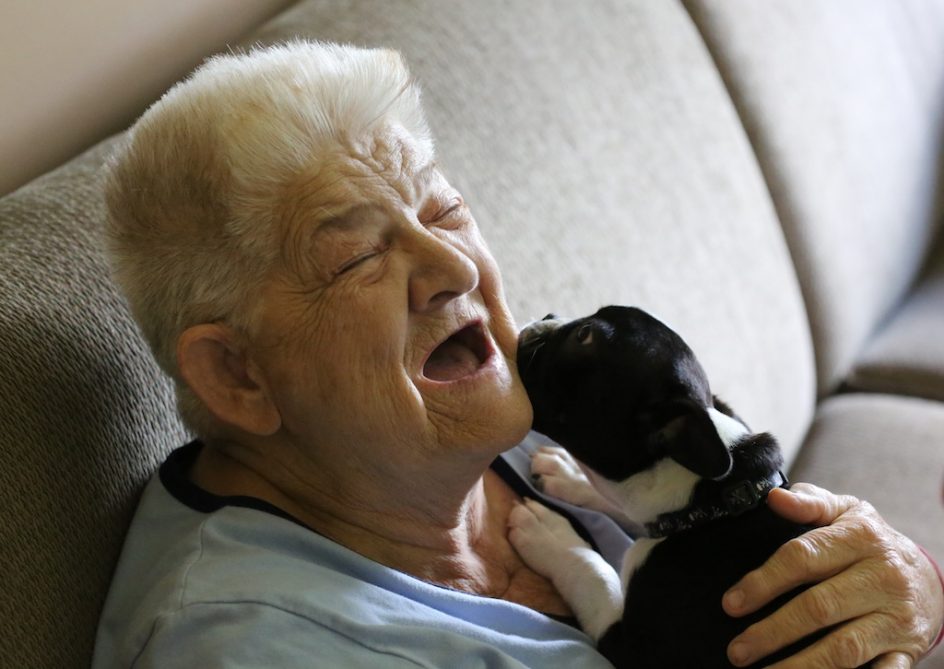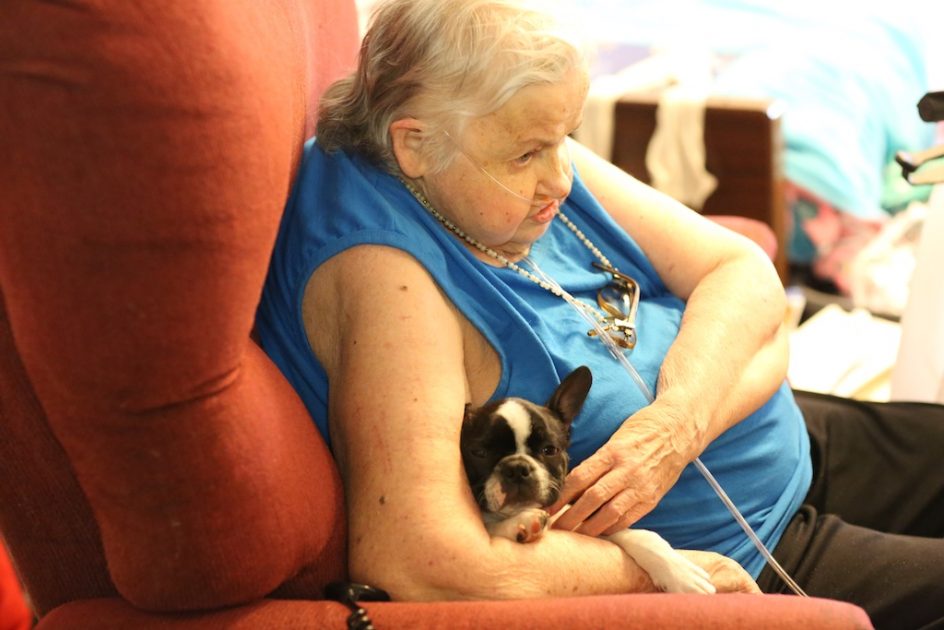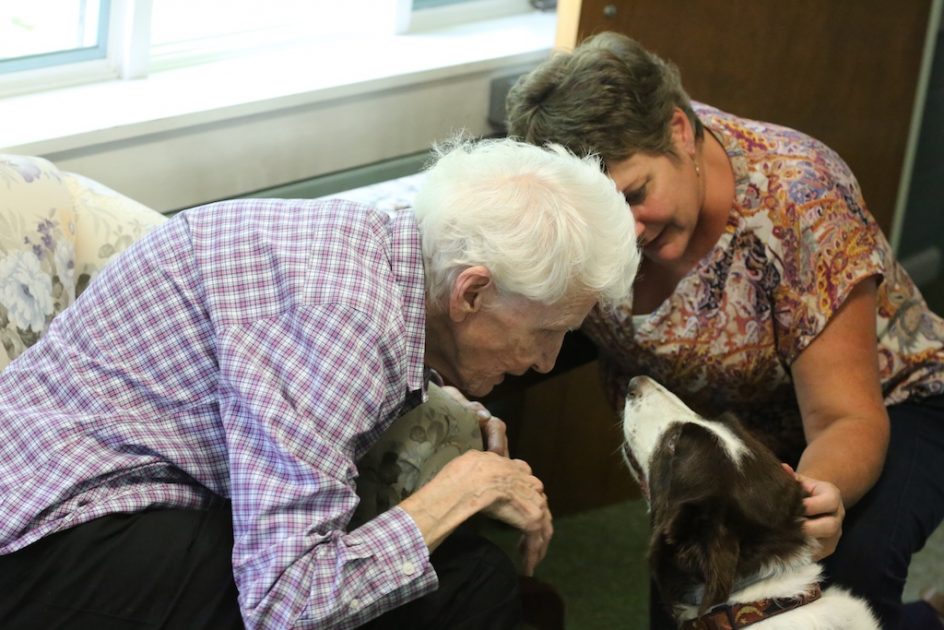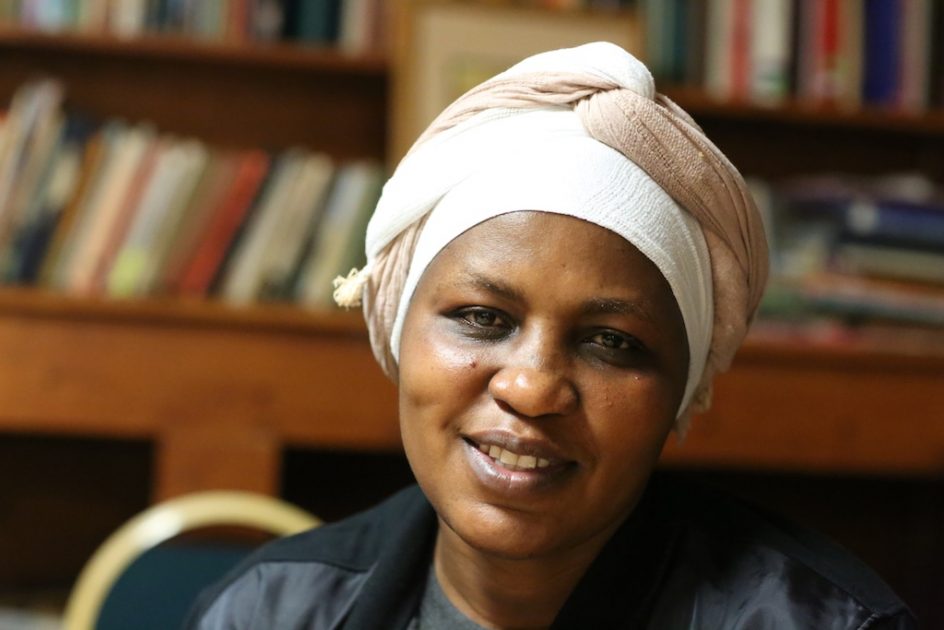
“When the elephant fights, the grasses below suffer.” – Rwandan saying.
We sat in silence for a moment, Devota and I. Then she told me her story.
In 1994, she was a refugee who fled the Rwandan genocide, she saved herself and her daughter from almost certain death by fleeing her country, and making her way to a U. N. refugee camp in the Congo. She walked more than 2,485 miles across Central Africa with her daughter on her back to get to America, without food or water or shoes or any clothes but the ones on her back.
It took her a year to get there, she walked every step of the way.
On her journey, he was repeated raped and assaulted by the soldiers of the warring countries she waked through, stealing food by day, hiding in the woods at night, either hot or cold all of the way.
Sometimes, I couldn’t make out what she was saying and had to look to Brother Francis, who was sitting with us. He explained. She spoke English well, but with a thick accent. But we made ourselves understood to each other.
I asked her if she was aware of the turmoil and controversy surrounding people like her in America right now.
She smiled and nodded. “Yes,” she said. I asked if she had anything she wanted to say about it. She smiled again and told me there was a saying in Rwanda:
“When the elephant fights, the grasses below suffer.”
I saw right away what she meant.
I drove to Albany this afternoon, to meet her, her full name was Devota Nyiraneza.
This talk was an important breakthrough for me, and I was grateful and excited to be going. Before this week, I only had access to the RISSE soccer team, and that took months. I loved writing about them. But it was important to me reach beyond them. I wanted to meet more women and talk to the adults in the program.
(I will not ever walk away from the RISSE team and Ali, they opened the door for me, they made today possible.)
I was so impressed by this woman, both of us sitting in this musty old library in a working class neighborhood of Albany.
She was poised, honest and strong. No matter how painful the questions were that I asked her, she looked me straight in the eye and answered them almost defiantly, and yet quietly.
She never blinked or looked away or lost her composure, although I very nearly lost mine hearing her story. She smiled readily, and warmly. It was almost as if she had been waiting to tell me this story.
Despite what she had endured, she never once complained or expressed any kind of lament or self-pity of the kind that is so American.
It came back to me, this feeling I sometimes had as a reporter when I had to ask people questions I knew would be painful for them. I don’t recall anyone handling a hard story more gracefully than Devota.
I have been working for nearly six months to earn the trust of refugee officials and to meet the people who are suddenly so controversial in America, the subject of so much lying and posturing and hatred. Our national soul seems sometimes to have turned to stone, especially when we turn on the very people who define the best in us and our history.
In America, people seem almost to envy people like Devota, as if they have struck it rich somehow just by coming here, and all of it at our expensive. That is an awful lie.
The refugee community is wary and secretive suspicious of strangers, especially now. And I could hardly blame them.
So many have lovers and parents and grandparents and brothers and sisters they have had to leave behind. Many are in great danger, it can be so dangerous to talk openly, even in the birthplace of democracy. Last year, the RISSE offices were burned to the ground by arsonists, all the tires on their vans slashed.
I asked Devota if she had ever heard of a blog, and she shook her head and said softly, no, she was sorry, she had not.
I was a reporter for a long time, but I I had few tougher assignments than winning the trust of this community and gaining access to it. It was quite worth it.
Devota is from Kigali, the capital of Rwanda. In 1994, she fled the genocide, with no money or shoes or anything but her young daughter. She walked barefoot across Central Africa, from Rwanda to Brazzaville Congo.
You can see how far she walked on this map of Africa.
Devota walked through raging rivers – sometimes she had to walk all night in the water – and blistering heat, was repeatedly assaulted by soldiers and the men in militias from different warring nations, there was danger all the way. They usually told her they would shoot her and her daughter if she did not submit. Sometimes, they shot the women anyway.
At times on this long journey, the heat was so intense that the skin peeled off of her feet and she was walking on her own exposed bones. She wrapped her festering and infected legs in grass and wrapped the grass around her feet.
At night, she stole food from farms to feed her daughter, sometimes she walked through rivers through the night. She carried a paper thin United Nations portable tent with her on her trip, at night, she used it as a blanket and wrapped it around her and her daughter. There was terror and danger every step of the way.
Devota went foraging with eight friends from Rigali, eight of them were killed by farmers guarding their crops, who ambushed them firing poison darts.
Only Devota made it to Brazzaville in the Congo, where she took shelter in a United Nations refugee camp which declared her a “vulnerable” person, and arranged for her to come to America. It was possible to do that then, the country prided itself for helping the vulnerable of the world.
Devota is now a U.S.citizen, I would not have dared to even approach her for a photograph if she were not.
The Rwandan genocide, long forgotten by most Americans, according to surveys, occurred during 100 days in 1994, when ethnic Hutu extremists killed 800,000 members of the Devota’s Tutsi tribe.
Most of Devota’s family was left behind, some were killed. She is desperately trying to get visas to admit the survivors into America, but it seems that is no longer possible. She has a brother and sister in Rwanda, she hopes to send her nieces enough money to get some schooling.
That will be difficult.
Devota has two jobs, one working with the disabled for Catholic Charities, the other as a housekeeper for the Albany Medical Center. She just moved to a smaller apartment because she could not afford her $1,400 a month rent. Her older son was accepted at Buffalo State University – he wants to be an engineer – and she applied for what she thought was a financial aid package, but found out later was really a loan.
She did not understand the difference, which was not made clear to her..
She now owes $10,000, which she is paying off in $125 a month installments. Her son had to leave school, hopefully temporarily, to help pay off loans that he took out to pay his tuition. He couldn’t stay at the University, he is attending some classes at a community college near Albany and paying back his loan.
This is why RISSE is feverishly setting up classes to help new refugees and immigrants understand the things they sign in America, where life is so much more complex. They want to reach the refugees and immigrants before they get into difficulty.
We sat in the library of RISSE, the refugee and immigrant immigration center in Albany where Devota has been taking English and financial management classes. We were bathed in a yellow light, the beautiful old room had seen better days.
She had three other children, all the the result of rapes, some of these assaults in the refugee camps where she spent several years. She was determined to keep every one of those children, they live with her now.
The meeting was arranged by my friend Brother Francis Sengabo, a Rwandan refugee himself (he spent a decade in the camps) and the director of operations for RISSE.
We spent more than an hour today talking in the library of the big Methodist Church, and I was struck by Devota’s grace and composure. I took notes and stopped every few minutes, to absorb what I was hearing. On the way home, I regretted that I did not invite her to the farm. I will when I see her next.
She said her haunting memories of that journey would always be the sight of so many people who starved to death along the way, or who died of exposure or were butchered and hunted down or assaulted.
It was common, she said, for the fathers to order the mothers to leave their children behind, because the entire family could never survive the journey carrying them and caring for them. She saw many children left to die of exposure and starvation.
She hid in forests during the day and ate herbs and berries. As she tells her story, her face is calm, she smiles at times, she is full of grace and acceptance.
Francis explained to her in their native Kinyarwanda language what a blog was and she looked at me and smiled politely. Yet she seemed to understand what I was doing there.
This is one of the people we are told are murderers and rapists and parasites come to take our jobs and steal our social services. She is one of the people they say need to be banned and kept away, lest our pure and idylllic – and white – civilization be polluted by their presence.
She seemed to me to be what America is really all about, and I am grateful for the chance to meet her.
I accepted her invitation to visit her new apartment and meet her children. Her daughter, the one she carried across Africa, was waiting for her outside the library, she is a beautiful young woman, full of life. We shook hands, it was a powerful thing to see her so healthy and alive.
I am excited to be entering this world and will share it here. Next week, I am meeting another refugee from Africa, a gifted wood carver – I have seen his work at RISSE. His carving tools were left behind when he came here, and he is doing menial work.
I hope to present him with a new set of tools when I meet him next week, perhaps he can sell the beautiful birds he makes out of wood carvings from trees. I intend to keep going, working to capture the true story of these people and present them as the remarkable human beings that they are.
Devota is an asset to our country and I am proud to know her and shake her hand. I got the benefits of freedom and security for free, they were handed down to me, she has given her blood and sweat for it, and pieces of her soul.
The refugee story is important to me and it needs to be told, again and again.
They are, to me, the heart and soul of the American experience. Writing about them is a debt I owe to my grandmother and to America, and a way of grounding myself during this difficult time. It feels good to tell the truth, and to try to do good.
Devota is very glad to be here, as hard as her life is, alone with three children at home.
I told Devota I wanted to give her a $200 check as part of my Refugee Scholarship Program, she is the third refugee from RISSE to receive a scholarship from my refugee fund, a special account I have set up to try and help refugees and immigrants. The scholarship program is loosely defined, I told her there were no strings attached, she could use this money any way she wished. My idea is for the refugees and immigrants to get small grants to pursue their passions in life.
The first two went to two young artists in the RISSE program who we paid to sign them up for the Sketchbook Project at the Brooklyn Library Of Art.
At first, Devota shook her head, and said thanks, but no, she didn’t want me to have to pay for speaking with her. Francis told her it would be all right, two other people had received scholarships, and so she accepted the check and thanked me and invited me to her home.
She shook my hand, formally, but there was great warmth and charisma in those eyes.
I needed the 90-minute drive to the farm to collect myself a bit. I kept working her story over and over in my mind.
Maria was not home, I took a page from her book and went out to the barn and sat with the donkeys for a minute or two. I gave thanks for my life. I sat with Red on the doorstep while Gus and Fate chased each other across the yard.
I am eager to see Devota again, and perhaps, help her further if that is possible. Maybe I can save some money and help knock down that loan a bit. She is quite proud and determined, and I don’t know how much help she will accept. She can surely take care of herself.
I will figure it out. And share what I have learned.
RISSE is doing remarkable work on many levels, helping some of the most vulnerable among us.
If you have a spare $5 or $10 dollars, please think about donating to RISSE. I will continue to accept donations for the work I am doing with the Mansion residents and the refugees and immigrants I am meeting at RISSE. (Jon Katz, P.O. Box 205, Cambridge, N.Y., or Paypal, [email protected].)
This weekend, I am treating the RISSE soccer team to go see the Spiderman movie. We are buying them new soccer uniforms. The front will say “Bedlam Farm Warriors,” (their choice, not mine) and the back will say “RISSE.” With popcorn and soda, it will come to around $200 and I have the funds to pay for the uniforms and the movie.
The goal of the hero trip is to open, open, open, and finally open to the mystery of your self.

